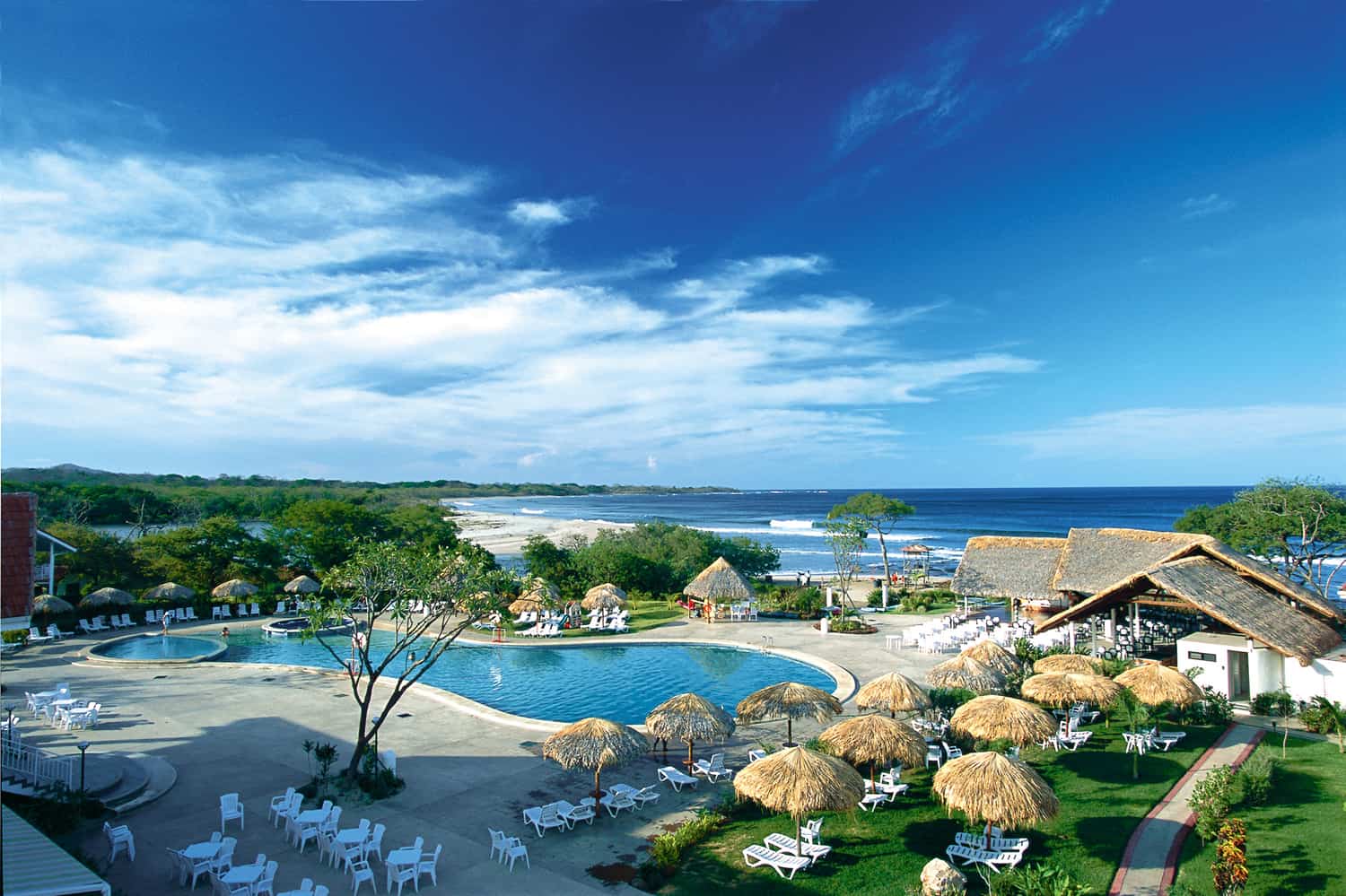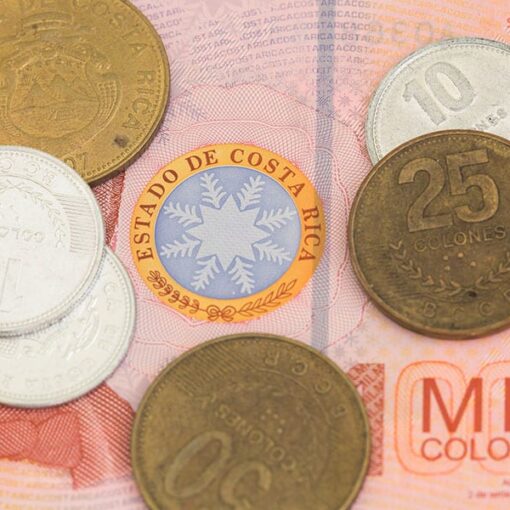Q24N (EFE) The Centro de Confinamiento del Terrorismo (Cecot) – Terrorism Confinement Center, the mega-prison symbolic of President Nayib Bukele’s “war” against gangs in El Salvador, has been housing migrants deported by the United States since last weekend, accused of being members of the transnational gang Tren de Aragua.
Their status and conditions are unknown.
This prison, with a capacity for 40,000 people, was built to hold the “most dangerous” gang members operating in El Salvador. At least 14,500 are held there, in addition to a group of more than 200 migrants expelled from the United States, mostly Venezuelans.
– Advertisement –
Below are five key points that explain what the Cecot is and how it works:
1. “Symbol” of the “war” against gangs
The Cecot was launched in February 2023, in the context of El Salvador’s implementation of a state of emergency to “combat” gangs, groups accused of committing most of the murders that have led this country to become one of the most violent in the world.
The prison is located in an isolated and arid area in the central town of Tecoluca, more than 75 kilometers from the capital, San Salvador. It is a labyrinth of concrete, iron, asphalt, and steel guarded by prison guards and soldiers from towers more than 15 meters high.
To get there, one must cross two security checkpoints for vehicles, and visits are not permitted, neither by family members nor by lawyers. Therefore, according to security authorities, the inmates are “completely incommunicado.”
The construction of the prison drew criticism from the opposition and national and international non-governmental organizations, as the cost of the project was not reported, nor were human rights organizations allowed to enter.
2. Who is being held at the Cecot?
The Cecot houses the leaders of the main gangs operating in the country, the Mara Salvatrucha (MS13) and Barrio 18, and the leaders of the “clicas,” groups within these gangs, according to official reports.
– Advertisement –
These gang members were transferred to the Cecot from other prisons where they were being held to free up space, as one of the main actions contemplated under the emergency regime was the mass arrests of alleged gang members and people linked to these gangs.
An August 2024 publication in a local media outlet indicates that, according to the Minister of Justice and Security, Gustavo Villatoro, the mega-prison holds 14,500 inmates.
3. Human Rights Violations at the Cecot?
Various human rights organizations have denounced human rights violations in most prisons in El Salvador. However, the analyses provided by these organizations make no mention of cases of human rights violations at the Cecot.
For attorney Dina Martínez, director of the Access to Justice Department at the Foundation for Studies on the Application of Law (Fespad), this is due to the fact that access to this prison is not permitted and the lack of information provided about its operations.
– Advertisement –
This situation, Martínez told EFE, “cannot be corroborated due to the lack of access to other international humanitarian organizations or civil society organizations.”
“Access to the facilities has been limited; only a few foreign content creators have been allowed in, and they only highlight the prison’s positive aspects,” she noted.
4. No deaths reported
Attorney Ingrid Escobar, director of the non-governmental organization Humanitarian Legal Aid (SJH), explained to EFE that “if we limit ourselves to the data collected by organizations and the lack of official information, apparently the only place where no cases of torture or beatings are recorded, and where inmates are also guaranteed the right to health, is at the Cecot.”
“At least no one (inmates) leaves Cecot dead, not like in other prisons. Unless they (the authorities) keep it so hidden that we don’t find out,” she commented.
In October 2023, the Cecot director, who at the time requested anonymity, told a group of journalists who had access to the prison that activities at the facility are “based on prison treatment” and the right to health, because “the State is obligated to create the conditions to be able to provide this necessary medical care.”
5. What is known about the migrants?
So far, since the weekend, little or nothing has been known about the condition of the Venezuelan migrants being held at the Cecot (Cecot) and how many of them belong to the Tren de Aragua gang.
The government has also not specified whether El Salvador faces potential legal implications for receiving and detaining these migrants, expelled without due process from the United States.
– Advertisement –
Source link
Q24N



